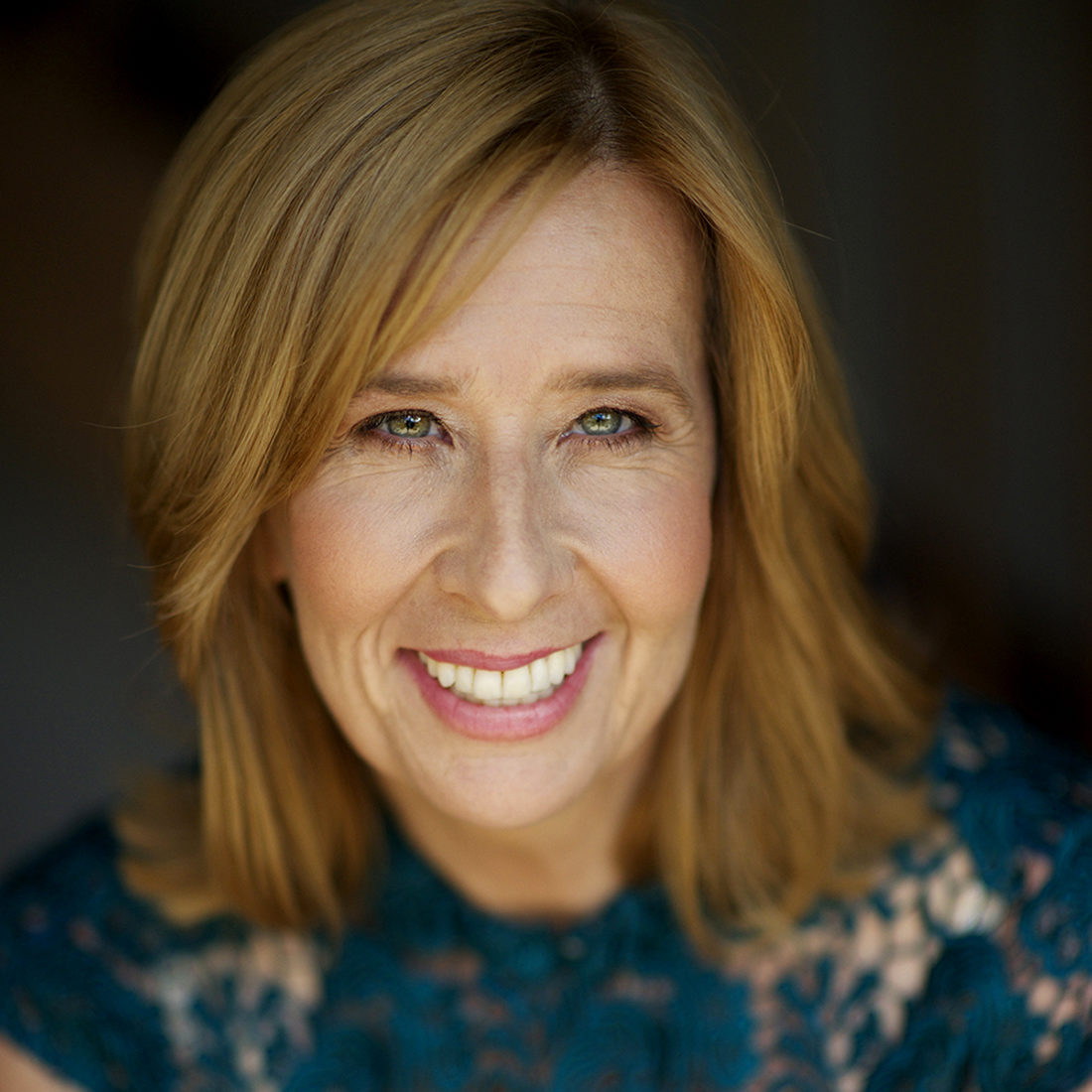Kathryn Heyman
Thank you, Kathryn, for agreeing to this interview about your latest novel, Storm and Grace.
I found it hard to put it down. I was reading Storm and Grace into the wee hours and now I am very keen to get hold of your other novels. Can I ask how you came up with the idea for Storm and Grace?
I’d been thinking for some time about old myths, stories that women told to girls as coded warnings, and at the same time I was observing cultural stories – in film, book and media – that seemed to celebrate men taking control, young women being vulnerable. Troubling stories, worrying images. Not just Fifty Shades, but images of women falling in love with men who force a kiss on them, men who are dangerous. I was driven by a need to respond to that, a need to explore what happens if a young woman believes the wrong story?
At around that time, there was a well publicised free diving fatality in the middle of an international competition. I’d never heard of freediving, but the image of someone sinking beneath the waves on a single breath, going to depths of hundreds of metres, pushing yourself to the absolute edge of danger – it was a perfect metaphor for the kind of relationship I wanted to explore. Which makes it sound rational – it wasn’t – I saw those freediving images and I was hooked, smitten, and fell with the same abandonment and lack of rationality that we experience when we fall in love.
The prose is beautiful. It is rich and sensory. What has been your pathway to writing? How did you develop such a mature style?
Thank you! That’s a lovely comment.
My first novel was published twenty years ago this year (which I talked about in The Guardian, https://www.theguardian.com/books/2017/may/21/when-i-first-wrote-about-domestic-violence-no-one-talked-about-it-now-the-shame-has-lifted). Before I wrote that novel, I was an actor, and before that, a deckhand on a prawn trawler. Growing up, I was desperate to be a writer. But I had no idea how to go about it, as people often don’t. I became an actor because I could see the pathway to that, and then, as an actor, I started writing plays which got produced. Looking back, I think I was feeling my way into writing fiction, trying to understand the discipline and the process. In the UK, where I studied and lived for many years, I finally managed to stick with a novel and finish it, and then the practical things of signing with my dream agent, and having the book sold at auction – those things felt, briefly, to be what being a novelist was about. In fact, I have come to realise now that for me the work of being a novelist is about holding a particular place in the world, about not being swayed by it. It’s about paying attention and maintaining a sharp focus. The other things are exciting, but not the real work.
As for my style – this is my sixth book, and I think each book has dictated its own style, its own voice. Storm and Grace demanded both a lyrical quality – because I was writing about being beneath the water, which has a particular quality to it, a suspended lyricism of its own, which I wanted to echo – and also a play on romantic fiction tropes. I’ve written quite a lot of radio dramas for the BBC – radio is a form which has a fairly lyrical core and because I wanted a chorus of sirens, I had a sense of this novel as something heard, so I drew on the radio-writer who still lurks inside me. It’s a story which is being told to the reader, as though spoken, by this chorus.
This novel explores the heights and depths of human experience. How do you go about research for your novels?
Well, again, they each require new knowledge and new skills. I’ve written two historical novels, and the research for them was absorbing – but also potentially endless. It’s always a risk of research, one I see with some of the writers I mentor. It’s hard to know when to stop! Storm and Grace required more physical research – I learned to freedive, and spent all my spare time in the water, extending my breath hold, trying to dive deeper so that I could understand the feeling of it. I read, too, everything I could find on what the body does during a dive, and on the science of freediving. I don’t think there’s a freediving video or report I haven’t seen. The other sort of experience in the novel is about falling in love, about being swayed by the wrong stories, and about being vulnerable to a certain kind of manipulation. Let’s just say that’s lived research!
Storm and Grace, the two main characters are deeply drawn. (Sorry I can help using variations of the word depth.) How do you go about constructing your characters?
I’m not sure I do construct them – that sounds like it has more carpentry or engineering involved! For me character and voice are deeply connected, and there’s usually a moment in the writing of a novel that I know I’ve heard both. Sometimes it can take a while of just walking, thinking, writing and listening. In this case, Storm is a character who has elements that some readers have described as narcissistic personality disorder – and I certainly had a strong sense of him being narcissistic. He’s also a world-class athlete, as is Grace. I wouldn’t want to suggest that every Olympian is a narcissist, but there is a certain self-absorption which can help achieve those goals. As a teenager I competed in skating events, and I really observed that the people who excelled were able to shut off and focus only on the competition in a way that I was not. (Also, they were better skaters than me!)
Grace is more vulnerable, but also with real determination and grit – and also with the natural talent to become one of the world’s deepest divers, in a very short space of time. She’s isolated though, for many reasons, and this makes her vulnerable to someone who promises to love her above all else.
The structure of Storm and Grace, is also intriguing. You are able to keep the reader in a state of tension. Can you tell us something about how you set up the structure for your novels?
I’m glad you were in a state of tension! One of the tricky elements of this novel is that you know at the beginning that something terrible has happened – so a lot of the tension is about the hope that there will be escape, and the question of how that might happen. I had Medea in mind both in terms of the voice – the chorus in particular – and the structure. We know at the start of Medea that there has been a tragedy and a lot of the play is about understanding the rage that led to the tragedy. I love thinking about structure – the part of the process that involves moving things around, and asking endless questions of myself and the story – it’s one of my favourite stages in writing. Although, really, I love it all.
Kathryn, thank you, we are really looking forward to meeting you at the St Albans’ Writers festival.


